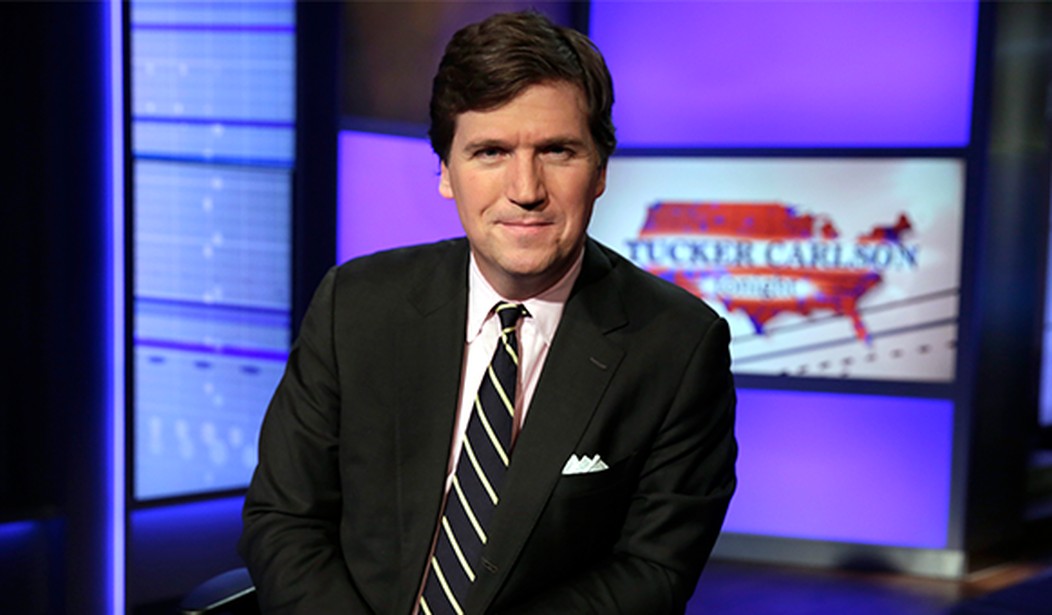Nationalism has a bad name. For many Americans, mention of the word summons up visions of Hitler and Nazism. Some condemn nationalism as thoughtless bragging that your nation is better than others, which should be discouraged just as second graders are told not to brag, lest they hurt classmates' feelings.
Historical and international perspective is supplied by one of the conveners of the well-attended National Conservatism conference in Washington last month, Israeli think tank head Yoram Hazony, in his 2018 book, "The Virtue of Nationalism." Hazony argues that nationalism first emerged in the northwest corner of Europe, in Tudor England and in the Dutch republic rebelling against the overlordship of the king of Spain. These were small maritime nations, growing rich through international trade even while threatened by massive monarchies. In the years of religious wars, they were the most religiously diverse and tolerant polities in Christendom.
Hazony contrasts nationalist states with what he calls imperialist polities, which include international organizations such as the United Nations and political entities such as the Holy Roman Empire, the Soviet Union and Nazi Germany, which was not just trying to govern Germany but to conquer "untermensch" peoples. As an Israeli, he is very much aware that his successful nationalist state is under constant attack from such imperialist bodies.
Nationalist states, he argues, can provide peaceful havens for those of differing cultural views and economic interests who share a common citizenship. They will, he argues, protect their individual liberties and (here some readers will disagree) abjure external conquests. "The best political order that is known to us," he writes, "is an order of independent national states."
Recommended
This is congruent with the words of two of President Trump's thoughtful speeches, delivered in Warsaw, Poland, in July 2017 and in Normandy on D-Day this year. In them he pays generous tribute to other nations' nationalism and how they have advanced human liberty. It is also congruent with the rhetoric of British Prime Minister Boris Johnson as he tries to give effect to British voters' decision to leave what, in Hazony's terminology, is an increasingly imperialistic European Union.
Hazony seems to me on solid ground in arguing that nationalism, rightly understood, can be a force for good. Trump's words on D-Day, and those of presidents before him on earlier anniversaries, should remind us that the Allies who cooperated in that enterprise were all led by nationalists -- America's Franklin Roosevelt; Britain's Winston Churchill; France's Charles de Gaulle; and the leaders of Canada, Poland, Norway and Australia.
One might add that an ally left unmentioned, the Soviet Union dictator Josef Stalin, temporarily portrayed himself as a nationalist rather than a communist to rally his people to fight on the Eastern Front even as democratic nationalists worked together to open the front on the West.
The nationalist sensibility is an important part of domestic partisan politics. In an article I wrote for The Public Interest in 1993, I argued that the political parties and political leaders of Western democracies partake, in varying proportions, in four different dispositions -- religious, socialist, liberal and nationalist.
Each has its strengths and weaknesses. Religious parties come to grief when people abandon religion (like the Christian Democrats in largely secular Western Europe), and they struggle to amass majorities in religiously diverse nations like the United States.
Socialist parties' weakness is that socialism just doesn't work. When that became apparent in Britain, Margaret Thatcher controversially rolled back postwar Labour Party policies in the 1980s. More quietly, Scandinavian nations rolled back their welfare states in the 1990s. Now venerable social democratic parties have all but disappeared in Germany, France and Italy.
Liberal parties -- liberal in the 19th-century sense: secular and free market -- have sometimes governed effectively but proved incapable of defending themselves against destruction. Britain's Liberals, dominant in 1916, were ground to bits between the Conservatives and Labour in 1924. The dominant secular party in Italy was swept from power by Mussolini's brownshirts in 1922, and the one in France by Hitler's troops in 1940.
Only parties with a strong nationalist strain have proved to be lasting -- including, over most of their histories, America's Democratic and Republican parties. Today we're told that Donald Trump's Republicans are dangerously and self-destructively nationalist. Headline speakers at Hazony's conference -- tech mogul Peter Thiel, Fox News' Tucker Carlson, national security adviser John Bolton, Sen. Josh Hawley -- seemed to disagree. And many observers are wondering whether Democratic presidential candidates' enthusiasm for open borders is a politically hazardous trashing of a sensible nationalism long essential for political success.
Michael Barone is a senior political analyst for the Washington Examiner, resident fellow at the American Enterprise Institute and longtime co-author of The Almanac of American Politics.

























Join the conversation as a VIP Member